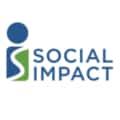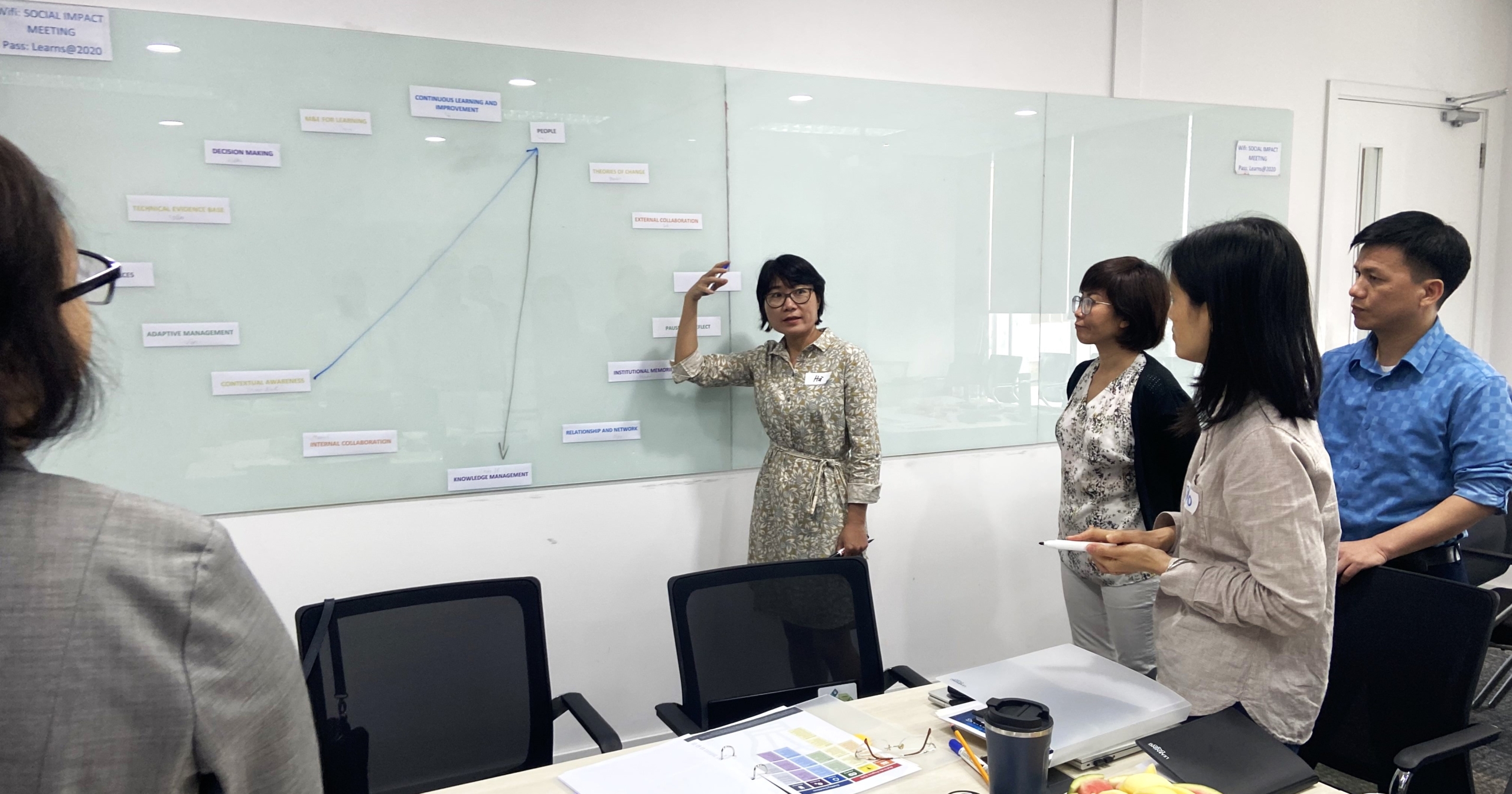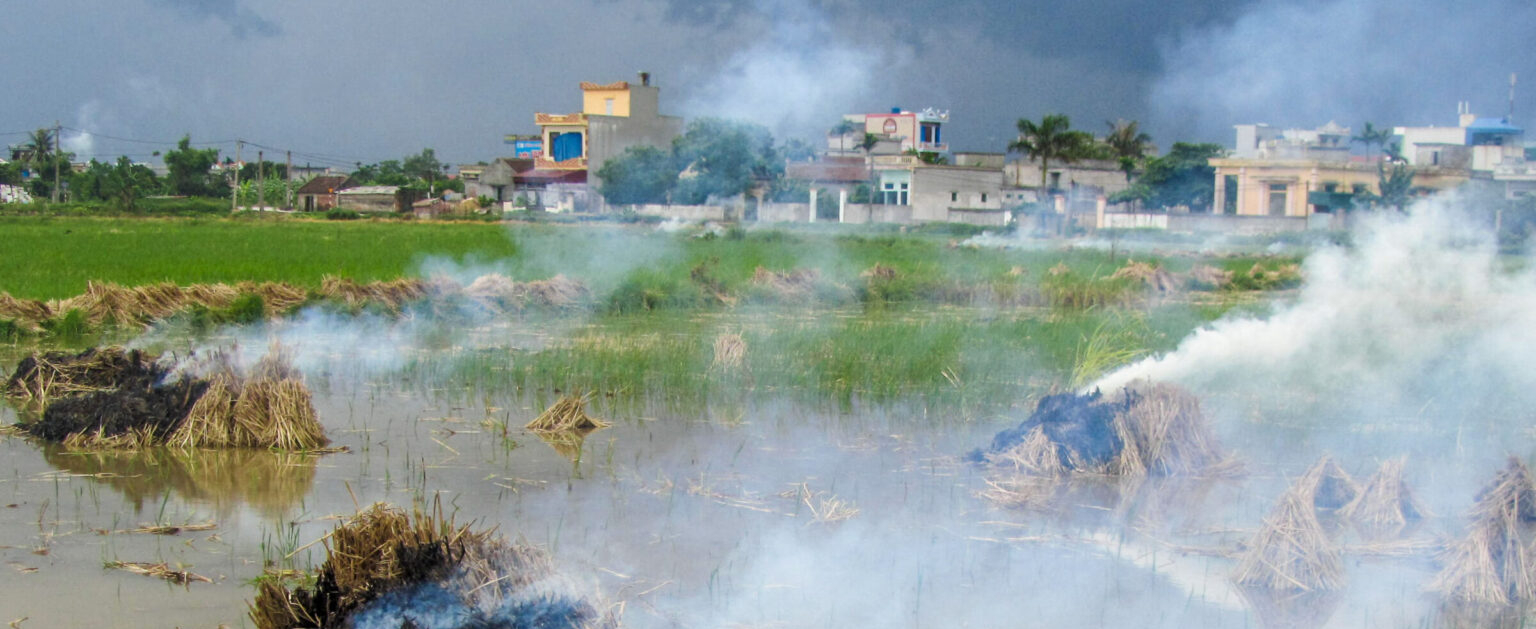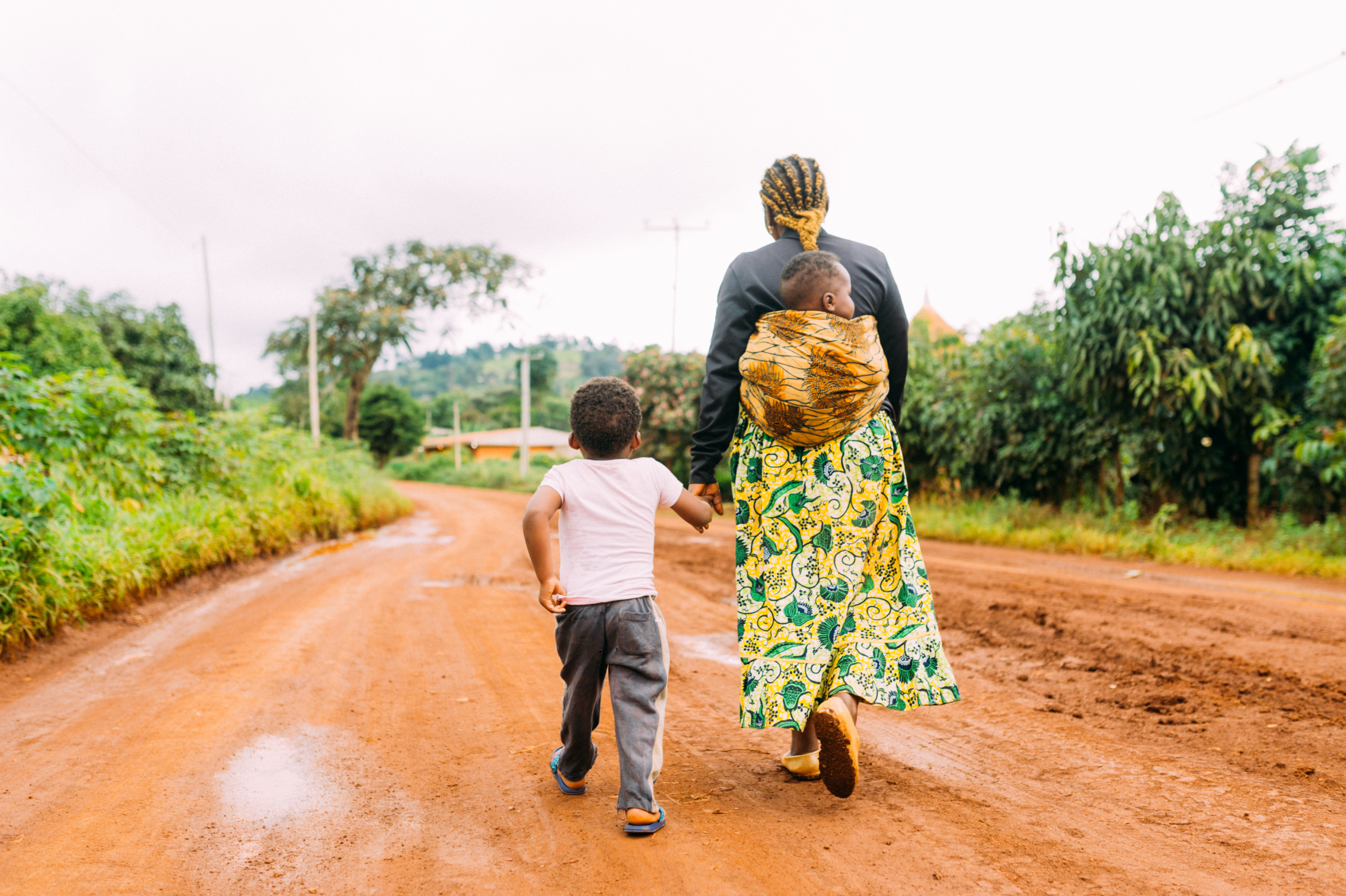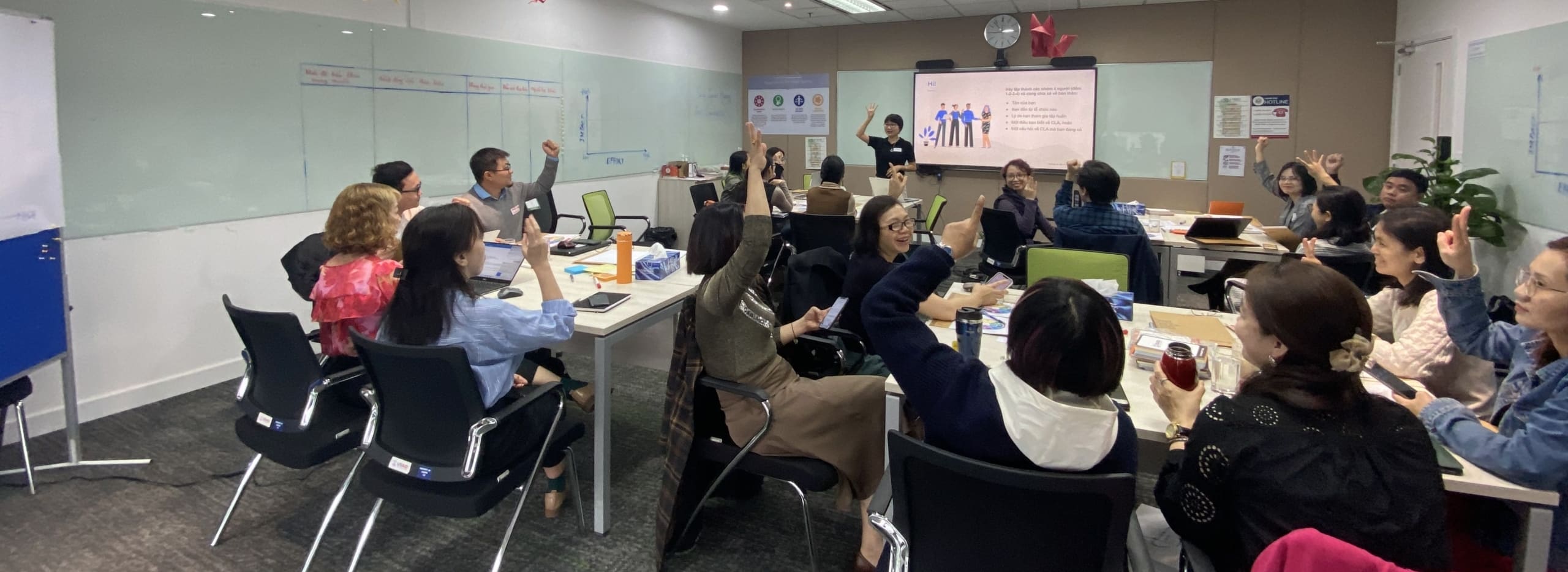Throughout Laos, high rates1 of maternal and child mortality and malnutrition persist disproportionately impacting impoverished, rural, and ethnic communities. The health and nutrition of mothers play a critical role in the health, nutrition, and development of their children. Today, on International Women’s Day, we spotlight what it means to further maternal empowerment, advocating for women’s autonomy in decision-making and ensuring access to vital resources for health-related choices. Investment in maternal autonomy and empowerment carries the potential to positively impact future generations.
Over a five-year span, the Laos Maternal and Child Health and Nutrition Program (LMCHN) is aiming to provide accessible, high-quality health and nutrition services to women and other target groups across five provinces in Laos. The overarching goal is to increase the frequency of health service engagement among mothers and children in the target provinces. The program focuses on improving the capacity of health sector stakeholders at the national, provincial, district, and village levels, with a specific emphasis on promoting equitable access, utilization, and quality of healthcare services for mothers and children within the target districts.
Through a blend of quantitative and qualitative methods, Social Impact conducted a baseline study to assess the extent to which the USAID Activity improved health and nutrition outcomes among mothers, pregnant women, and their children. Below are some of the key findings from our study.
Maternal Health Findings
The study revealed high rates of women giving birth in health facilities under the care of skilled attendants. Additionally, a significant proportion of women received four or more antenatal care visits before childbirth. Women from wealthier households demonstrated a higher likelihood of achieving all three positive outcomes: receiving four or more prenatal care visits, giving birth in a health facility, and giving birth under the care of a skilled birth attendant. These findings tell us that women seek healthcare services both before giving birth as well as for the purpose of giving birth. These findings underscore the importance of comprehensive healthcare access throughout pregnancy to empower mothers and ensure the long-term well-being of infants. Women and mothers encounter various barriers to accessing healthcare services, including traditional beliefs which may inhibit health seeking behaviors, familial influence or lack of support of other family members, and competing priorities such as work commitments.
Child Health Findings
While postnatal care rates for newborns receiving postnatal care within 48 hours were high in target districts, vaccination rates, particularly for measles, were suboptimal. A low number of children receive their first dose of the measles vaccine by 12 months of age. Barriers to children receiving postnatal care are similar to barriers faced by women in accessing healthcare. Additionally, a lack of information or misinformation significantly impedes child vaccination efforts.
Strengths of the USAID Activity
The baseline study identified community engagement and the capacity building of health staff, particularly in villages, as the program’s standout strengths. Health staff and volunteers in these communities play a crucial role in advancing maternal health and nutrition in Laos, serving as primary conduits for vital health information, including vaccination protocols, maternal healthcare, hospital deliveries, and breastfeeding practices during the first six months of a child’s life.
Final Thoughts
In February 2024, SI conducted an in-person presentation in Laos to share the baseline study results with key stakeholders including USAID, the implementing partner, the Ministry of Health in Laos, and development partners. We communicated the status of the health priority outcomes of interest in Laos and shared recommendations to further advance programming efforts. This study highlights the urgent need to address maternal and child health and nutrition challenges in Laos. By prioritizing maternal health improvements and fostering maternal empowerment, we not only benefit mothers but also pave the way for healthier outcomes for future generations. As this study serves as a baseline assessment, ongoing data collection and analysis will provide insight into the long-term impact of the USAID activity.
On International Women’s Day, we emphasize the transformative impact of empowering women to navigate pregnancy with improved nutrition and childbirth outcomes, marking it as critical investment in accelerating maternal empowerment.
1 Laos has the highest neonatal and under-five mortality rates in the Association of Southeast Asian Nations: GHO | Global Observatory on eHealth – Key Indicators | Lao People’s Democratic Republic – key indicators (who.int)
______
Carley Clontz is a Senior Research Assistant at Social Impact. Throughout her time at Social Impact, Carley has supported several evaluations focusing on maternal and child health and nutrition in the context of Laos. She is a lifelong advocate for equality in empowering and investing in women and gender-diverse persons.

